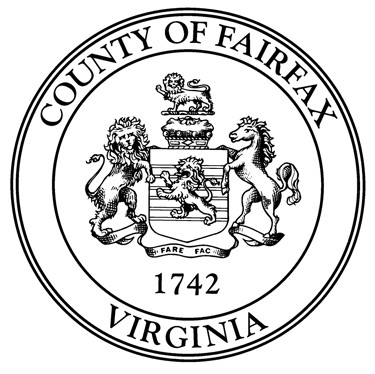February 2025
Dear Chairman McKay and Members of the Board of Supervisors,
The Advisory Social Services Board (ASSB) is pleased to present this annual report, as mandated by the Code of Virginia, highlighting the services provided and outcomes achieved by the Department of Family Services (DFS) in 2024. The report underscores the substantial and potentially growing demand for DFS services.
As we look forward to the next year, the ASSB is alert to potential changes to federal and state policy that could impact residents’ access to basic human needs services and programs that are funded by the federal government. In particular, we are concerned about the impact of federal policy changes that may cause immigrant households to avoid seeking resources for which they may qualify for fear of deportation. Many families in our county have mixed immigration statuses, and fear of family separations poses a major issue, not to mention that those left behind, especially minors, will need resources from DFS, straining current demands. Additionally, changes like new work requirements for Medicaid, changes to eligibility for child care subsidies and SNAP, and funding reductions for services to victims of domestic violence have the potential to increase the workload in DFS programs.
The ASSB notes that several factors continue to drive the heightened demand for DFS services. Those factors include an increasing number of individuals in our county living below the poverty line facing food insecurity; the persistent effects of the COVID-19 pandemic, including the loss of benefits; a growing older adult population; and a continuous need for support in areas such as adult protective services, child protective services, and domestic and sexual violence intervention, to name a few. Addressing these trends and issues through the lens of equity and its core values will allow DFS to continue to deliver essential services and support to the community effectively.
There has been a significant increase in the number of county residents eligible for and accessing public benefits. This rise in caseload is partly due to the ongoing changes in state and federal policies related to Medicaid and child care services. The number of Supplemental Nutrition Assistance Program (SNAP) recipients has remained high, indicating that many families who accessed this service during the COVID-19 pandemic continue to rely on it for food assistance. Services in child welfare, aging, adult services, and domestic and sexual violence services have seen a steady increase.
The ASSB also notes that the DFS remains dedicated to working in partnership with other agencies, community organizations, and residents to build a more equitable community, with the understanding that these challenges cannot be addressed in isolation. To meet the community’s evolving needs, DFS must remain adaptable, embracing innovation and evidence-based interventions. Working together with partners is crucial for creating safe, stable, and nurturing environments for children and families. Timely interventions help children succeed in school, teens pursue work or education, adults become homeowners or business owners, and older adults remain active and independent. These efforts are vital to building a vibrant community in Fairfax County and must be supported.
As we navigate this time of change, the ASSB thanks the Board of Supervisors for its ongoing support of DFS and the broader Health and Human Services system. We look forward to continued collaboration in addressing the challenges facing the community.
Sincerely,
Laura Martinez, Chair
Advisory Social Services Board
*To request reasonable accommodations or to receive this information in an alternate format, contact Melanie Fenwick by email or call 703-324-7868, TTY 711.


